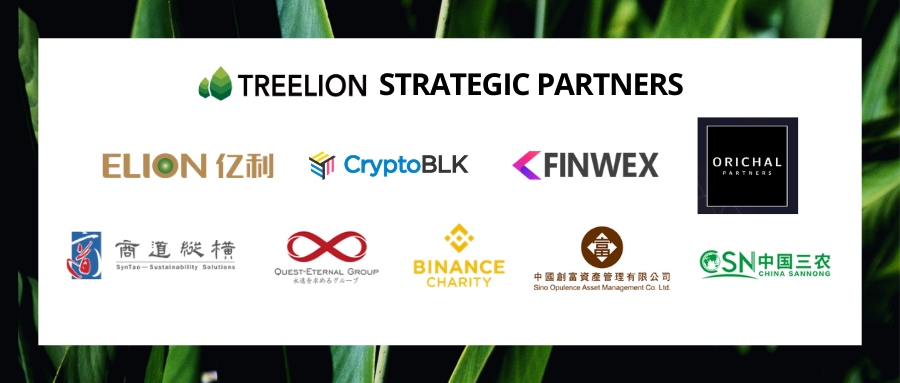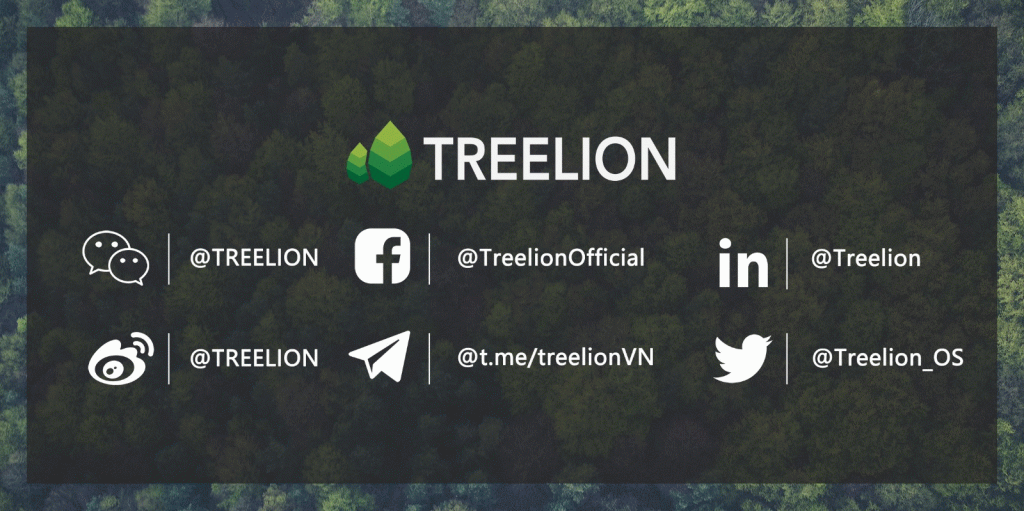
As a light, convenient, and inexpensive material, plastic is widely used in product packaging. Among all plastics, polyethylene terephthalate (PET) is the most used type of plastic; they are the material for plastic bottles. The PET material is almost non-degradable, and releases toxic and greenhouse gases when it is burned. Neither landfill nor incineration is a good way to reduce the plastic waste on the earth. Therefore, plastic recycling is crucial for protecting the environment. However, the recycling rate of PET bottles is generally not high. For example, the recycling rate of PET bottles is 30% in China, 29.1% in the United States, and only 4% in Singapore and 1% in Hong Kong.

In order to encourage environmental protection, many blockchain companies abroad have implemented blockchain technologies on PET bottle recycling. For instance, Argentine entrepreneur Ivan Zubilewicz has created his cryptocurrency – JellyCoin. He plans to use JellyCoin to incentivize the local garbage recycling system.
In Argentina, most garbage is collected and sorted by designated workers before sending off to disposal facilities. JellyCoin is going to subsidize these workers to improve garbage recycling efficiency. If they collect, sort, and transport more garbage, they can receive more JellyCoin. JellyCoin can be used to pay some categories of government bills, such as real estate taxes.

Meanwhile, in Norway, where has a high percentage (97%) of PET bottle recycling rate, a company named Empower is trying to build a transparent and traceable plastic recycling management system. Empower allows people to trade used plastic bottles for Plastic Credits at designated plastic collecting points; these credits can be redeemed for money or be used for paying other plastic cleaning fees.
The PET bottles collected at Empower’s collecting points will be registered on Blockchain. Everyone can track where the recycled bottle ends up.

Additionally, Australia’s digital media company the Conversation is advocating for all companies on the supply chain, including manufacturers and retailers, to take responsibility for products’ whole life circle along with consumers.
Every transaction saved on the blockchain will have an authentic and credible profile, which records all transactions made of the product. When a certain PET bottle is washed up on the beach, or is left behind at other public places, the responsible person will be found immediately by scanning the traceable QR code on the bottle.

Plastic waste management is a global issue. Many countries have been experimenting with innovative solutions. Blockchain’s value is not merely about creating a cryptocurrency to incentivize people to recycle but, more importantly, is about being a safe and trustworthy system to record and track information. The technology has helped providing innovative solutions for plastic waste management. Foreseeably, blockchain will play a greater role in environmental protection, and will not be limited to garbage recycling.



